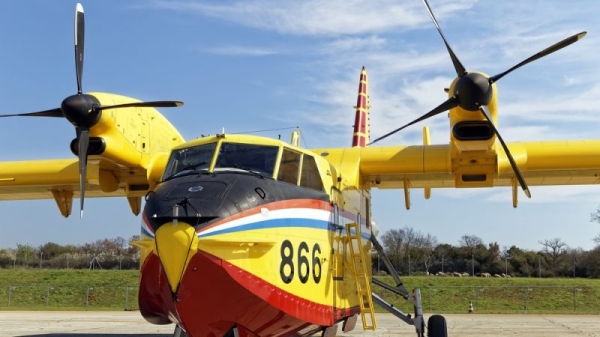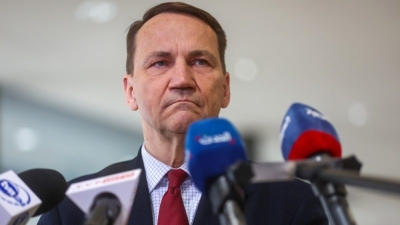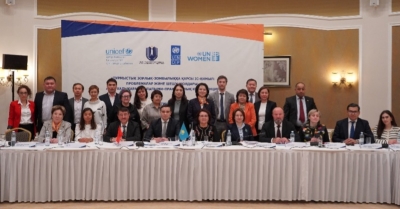Croatia announces plan to double firefighting plane fleet

The EU Commission plans to organise and finance the purchase of firefighting aircraft, and Croatia has applied to be one of the member states to receive these planes, the head of Croatia’s civil protection directorate, Damir Trut, said in Brussels on Tuesday.
Croatia is one of six EU countries that applied to get new firefighting aircraft through the EU Commission’s plan to negotiate a joint purchase of planes, considered a key tool for combating increasingly destructive summer wildfires around Europe.
Croatia currently operates a fleet of six large amphibious Canadian-made Canadair CL-415 water bombers, which have become a common sight during summer wildfire season along the country’s scenic Adriatic coast.
Although the production of these planes ceased in 2015, the Commission is reportedly negotiating with the Canadian aerospace company De Havilland, which is expected to relaunch production.
“The European Commission plans to organise and finance the purchase of firefighting aircraft, and Croatia has expressed its interest in getting two planes of this type,” Trut said, Hina reported.
Deliveries expected in 2026
The entire European order is for 22 brand-new aircraft, intended to be used by Mediterranean countries including Croatia, France, Greece, Italy, Portugal, and Spain. This includes 12 planes which will be financed entirely by EU funding, with the price of each unit estimated at €52 million.
The production is expected to start in 2026, and the deliveries are reportedly expected in early 2028. Although each operator would use these aircraft for fighting wildfires in their own territory, they will also make up the core of a permanent pan-European fleet, capable of being deployed anywhere on the continent through the EU’s Emergency Response Coordination Centre (ERCC) under the rescEU scheme.
Trut was in Brussels on Tuesday to attend a ceremony marking the 10th anniversary of the establishment of the ERCC. The operational costs of the amphibious firefighting fleet – which includes pilot salaries, fuel costs, and standby duty – are also covered by the European Commission. Croatia will therefore get around €1.8 million this year to cover the costs of its two water bombers which it has made available for the rescEU system.
Europe prepares for the 2023 fire season
This year more countries joined the programme, as climate change is warming the continent, and summer wildfires are increasingly ravaging Europe, causing massive damage.
Last year, rescEU had a fleet of 13 firefighting aircraft, including 10 water bombers, two air tractors, and one helicopter, at its disposal. Croatia, France, Greece, Italy, and Spain provided two water bombers each, Sweden provided two air tractors, and Greece provided one helicopter. This year, Cyprus, the Czech Republic, Germany, and Portugal have decided to make their aircraft available as well.
In addition, Austria, Bulgaria, France, Germany, Latvia, Malta, Poland, Romania, Slovakia, and Slovenia pledged to send some 450 firefighters for standby duty in areas at risk from forest fires in France, Greece, and Portugal.
In 2022 Europe experienced one of the worst wildfire seasons on record, scorching more than 700,000 hectares of land in more than a dozen countries from June to August.
Although Mediterranean countries like Spain, Portugal, and Greece traditionally experience hot summers and occasional forest fires, the impact of climate change has made wildfires more catastrophic than ever before and with a larger geographic spread – now commonly appearing in areas of central Europe as well.
(David Spaic-Kovacic | EURACTIV.hr)
Read more with EURACTIV




